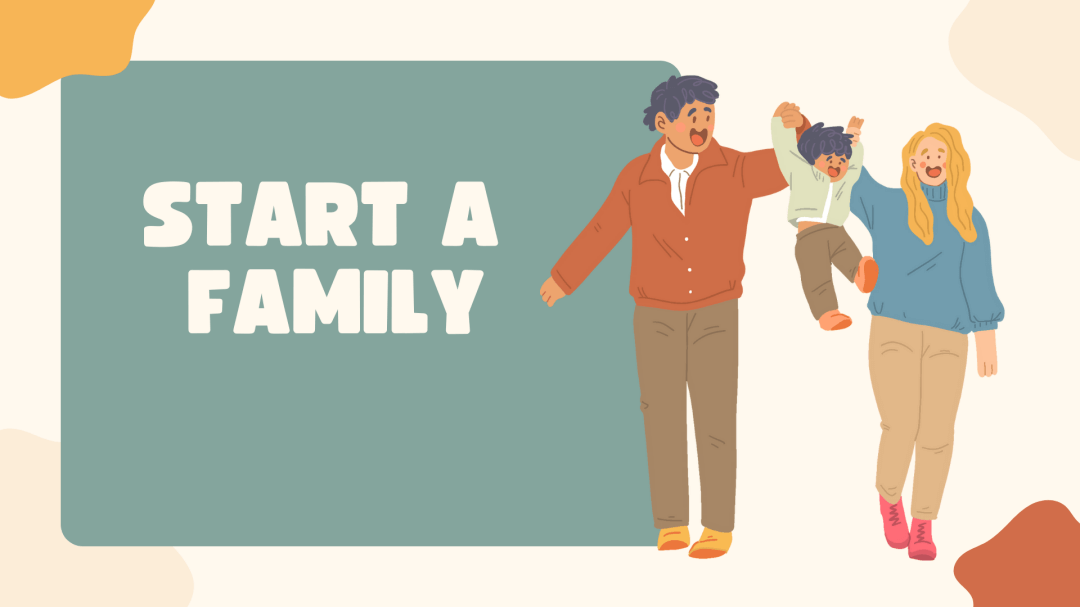What does it mean to be Transgender? | Nonbinary Meaning
What does it mean to be Transgender? | Nonbinary Meaning
It's funny how in some animal species such as many species of coral reef fishes, going through a "sex change" is a "normal" anatomical process. Clownfish, wrasses, moray eels, gobies, and other fish species are known to change sex, including reproductive functions. Yet we struggle to accept our fellow humans and believe what they say when they feel they are transgender. But what does it mean to be transgender?
The dictionary definition of "transgender" according to Oxford, is "denoting or relating to a person whose sense of personal identity and gender does not correspond with their birth sex." If you're still new to learning different terms people use to identify themselves, don't worry - I can help. For the transgender definition, you'll want to remember that sex and gender are not the same. Sex is the anatomically assigned set of biological attributes in humans and animals. Gender is made of two components, gender identity, and gender expression. Gender identity is the personal sense of someone's own gender. Expression being more how you express your gender in your presentation, mannerisms, and overall appearance as perceived by someone else.
Being transgender, for me, means that I don't mentally identify with the body I was given. If you knew me from a child or met me before I physically transitioned you would have known that I never fit in with the girls… but the guys treated me differently because of my body so I didn't like hanging out with them either. My friends often told me that I'm not one of the guys or the girls, I was just me.
When you do a few quick YouTube searches, you can find several trans* people sharing their stories. Some of which have dysphoria and some don't. Some want to physically transition and some don't. Some want to only take hormones and keep their body the same and some don't. That's the beauty of people is that no two people are identical. While some people don't believe you can be transgender without gender dysphoria, I choose to take the stance of: I am not that person and I don't know what life is like in their shoes so who am I to tell them who they are and who they aren't. For that reason, I believe nonbinary people when they tell me who they are. I respect people who work hard to clearly identify themselves and their pronouns of choice as everyone should.
Being transgender in today's society is easier than it used to be but not nearly as easy as it should be. We do have things to show gratitude for that have positively impacted the community over the years. We now have wonderful technological advances that help us stick together and find people who are like us that just may be too far away for a visit. Many Facebook support groups and online website resources have helped me tremendously along with my own physical transition. Someone could be struggling in Los Angeles and find someone in Tennessee that is transgender and going through the same things! These resources connect those people so they can communicate across thousands of miles!
Whether you are FTM (female-to-male) or MTF (male-to-female), being transgender often comes with gender dysphoria. (which is the state of unease or generalized dissatisfaction with your assigned gender at birth.) To combat these feelings of unease, there have been a plethora of products released to help with top dysphoria (having or not having the chest) or bottom dysphoria (unease with what sex you are assigned at birth).
But What About The Nonbinary Meaning?
Identifying as a non-binary person (also known as enby or NB) means they relate "to a gender or sexual identity that is not defined in terms of traditional binary oppositions such as male and female or homosexual and heterosexual." At the end of the day, gender is a spectrum and the variety of people there are out there is remarkable. Gender non-conforming people are similar in the way that their definition is, "a person whose behavior or appearance does not conform to prevailing cultural and social expectations about what is appropriate to their gender" - usually based on your assigned sex at birth.
I remember a time in my own transition where "they" pronouns were more comfortable for me too because I was still in the process of discovering my own identity as a transman. "They/them" pronouns are usually used as either when referring to multiple people or a way to address people that don't express their gender on the binary. "They" is usually a safe bet if you are unsure of someone's pronouns. Although the best route to take is usually to ask what their preferred pronouns are and abide by those out of respect.
If you read this far into the article, I want you to know I appreciate you taking time out of your day to educate yourself on people like me. You never know who you'll meet that do happen to be transgender or nonbinary.
Much love and light,






Leave a comment